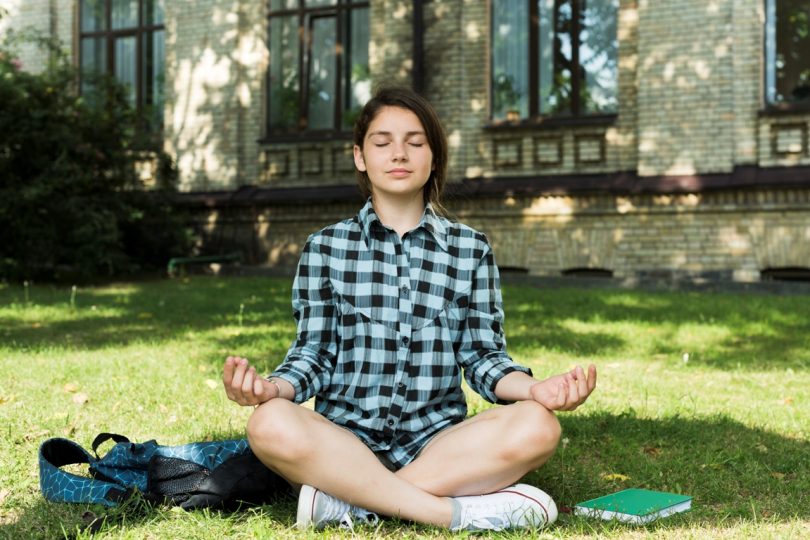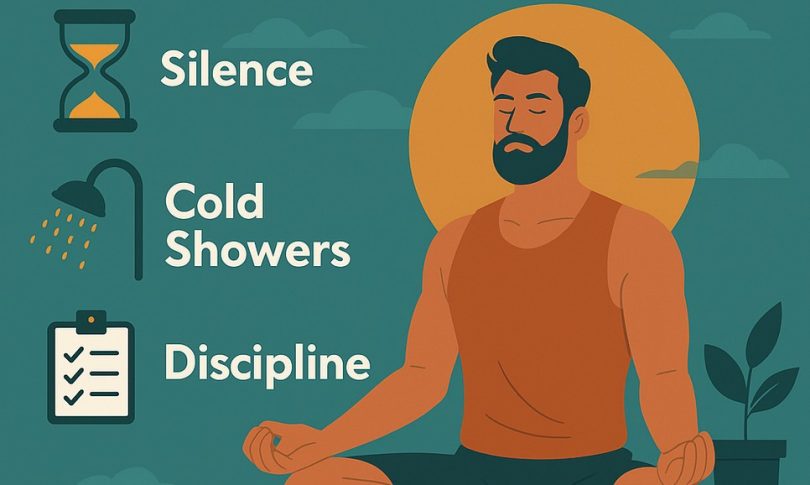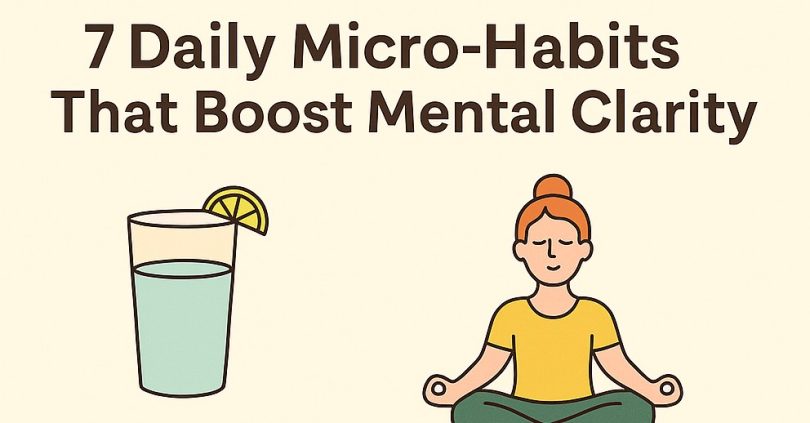Why Is Meditation So Hard? It’s a question that many people ask when they first start practicing. While *meditation* is widely known for its benefits, the path to a peaceful mind isn’t always easy. Let’s dive into the challenges and how you can overcome them.
Table of Contents
- What Makes Meditation So Hard?
- Common Physical and Mental Barriers in Meditation
- Psychological Reasons Why Meditation Feels Hard
- Why Meditation Gets Easier with Practice
- Tips and Strategies to Make Meditation Easier
- Common Mistakes That Make Meditation Harder
Key Takeaways
- Meditation can feel hard due to physical discomfort, mental distractions, and psychological barriers.
- It’s common to struggle with overthinking and expectations when beginning a meditation practice.
- Developing a consistent routine and using guided meditation can significantly ease the process.
What Makes Meditation So Hard?
Many beginners find *meditation* challenging because of the myth of instant calm. There’s a widespread belief that *meditation* should bring immediate peace and serenity, but this isn’t always the case. When these expectations aren’t met, it can lead to frustration and disappointment.
The Myth of Instant Calm
The idea that *meditation* will instantly quiet the mind is a misconception. In reality, it often takes time for the mind to settle. People who expect immediate results may find themselves questioning their ability to meditate effectively.
Discomfort with Stillness and Silence
Living in a fast-paced world, many of us are not used to stillness and silence. When we sit down to meditate, the lack of external stimuli can feel uncomfortable. This discomfort can make it difficult to relax and focus.
Mental Distractions and Overthinking
One of the most common challenges in *meditation* is dealing with mental distractions. Our minds are naturally busy, and when we attempt to quiet them, we often experience a flood of thoughts. Overthinking can easily disrupt a *meditation* session, making it feel impossible to achieve stillness.
Common Physical and Mental Barriers in Meditation
Besides mental distractions, there are also physical and mental barriers that can make meditation feel harder than it should be. Let’s explore some of these common obstacles.
Physical Discomfort and Posture Issues
Physical discomfort is a significant barrier for many meditators. Sitting in one position for an extended period can lead to pain, especially if the posture is incorrect. Even slight discomfort can make it hard to focus on the practice.
| Posture Tips | Benefits |
|---|---|
| Sit with a straight back | Reduces back pain and increases alertness |
| Use a cushion | Provides support and comfort during meditation |
| Adjust leg position | Helps in maintaining balance and reducing numbness |
Struggling with Breath Control
Many people find it challenging to control their breathing during meditation. Focusing on the breath is a common technique, but it can be surprisingly difficult to maintain a steady, calm breathing pattern, especially for beginners.

Fear of Confronting Inner Thoughts
Meditation can sometimes bring up thoughts and emotions that we would rather avoid. Confronting inner thoughts can be uncomfortable, and this fear can make it hard to continue with the practice.

Psychological Reasons Why Meditation Feels Hard
In addition to physical and mental barriers, there are several psychological reasons that make meditation difficult. These factors often stem from internal pressures and expectations.
The Pressure to Meditate Perfectly
Many people put undue pressure on themselves to meditate perfectly. The idea that there is a “right” way to meditate can create anxiety and self-doubt, making it harder to focus on the practice itself.
Fear of Failure or Not Doing It Right
Fear of failure is another common issue. If you believe you’re not meditating “correctly,” it can lead to frustration and a sense of failure, discouraging you from continuing your practice.

Overwhelmed by Expectations
When starting meditation, it’s easy to become overwhelmed by expectations. Whether these are personal expectations or those set by others, they can create unnecessary pressure, making the practice feel more challenging than it needs to be.
Why Meditation Gets Easier with Practice
As with any skill, meditation becomes easier with practice. The key is to be patient and consistent in your approach. Over time, you’ll notice that what once seemed difficult becomes more manageable.
Building a Meditation Routine
Establishing a regular meditation routine is crucial to making the practice easier. Just like exercising, the more you do it, the better you become. Start small, even if it’s just five minutes a day, and gradually increase the duration as you become more comfortable.
Developing Mental Resilience
Regular meditation helps in developing mental resilience. As you persist, you’ll learn to navigate through distractions, discomfort, and the urge to quit. This resilience not only makes meditation easier but also enhances your ability to handle stress in daily life.
Understanding and Accepting the Process
One of the most important aspects of meditation is understanding that it’s a journey, not a destination. Acceptance is key. Realizing that meditation isn’t about doing it perfectly but about showing up and being present can significantly reduce the pressure and make the practice more enjoyable.
Tips and Strategies to Make Meditation Easier
If you find meditation challenging, you’re not alone. However, there are practical strategies you can implement to ease the process. These tips will help you cultivate a more fulfilling and sustainable meditation practice.
Start Small and Gradual
One of the most effective ways to make meditation easier is to start small. Instead of forcing yourself to meditate for long periods, begin with just a few minutes each day. Gradually increase the time as you become more comfortable with the practice.
| Time Duration | Recommended for |
|---|---|
| 5-10 minutes | Beginners |
| 10-20 minutes | Intermediate practitioners |
| 20-30 minutes | Advanced practitioners |
Find a Comfortable Position
The position you meditate in can greatly affect your experience. Finding a comfortable position that you can maintain without pain or discomfort is essential. Whether you sit on a chair, cushion, or lie down, make sure your body is supported.
Focus on the Breath
Your breath is a powerful anchor during meditation. By focusing on your breathing, you can bring your attention back whenever your mind starts to wander. This simple technique can significantly improve your ability to stay present and calm.

Use Guided Meditation
For those who struggle with self-guided meditation, guided meditation can be a helpful tool. There are numerous apps and recordings available that provide step-by-step instructions, making it easier to stay focused and engaged.
Be Kind to Yourself
Self-compassion is critical in meditation. Being kind to yourself means letting go of judgment and accepting that there will be challenging days. Approach your practice with curiosity and patience, and you’ll find it easier to maintain consistency.
Common Mistakes That Make Meditation Harder
While *meditation* is a personal journey, certain common mistakes can make the practice unnecessarily difficult. By recognizing and avoiding these pitfalls, you can enhance your meditation experience.
Trying to Empty the Mind Completely
One of the biggest misconceptions about *meditation* is that you need to completely empty your mind. Trying to empty the mind can actually create more frustration. Instead, focus on observing your thoughts without judgment and letting them pass naturally.
Being Too Rigid with the Practice
While consistency is important, being too rigid with your *meditation* practice can be counterproductive. Flexibility is key. If you miss a day, don’t be hard on yourself. It’s more important to maintain a regular practice over time than to be perfect.
Neglecting the Importance of Consistency
Consistency is essential for making *meditation* easier. Neglecting to meditate regularly can make each session feel like starting from scratch. Try to meditate at the same time each day to build a habit and make the practice a natural part of your routine.
Frequently Asked Questions
Many people have questions about why *meditation* feels hard and how to overcome the challenges they face. Here are some of the most common questions and answers to help guide your practice.
Why is meditation so hard for beginners?
Beginners often struggle with *meditation* because they are not accustomed to sitting still and focusing their minds. The process requires practice, and it’s normal to find it challenging at first.
How can I make meditation easier?
You can make *meditation* easier by starting with short sessions, finding a comfortable position, using guided *meditation&, and being kind to yourself. Over time, these strategies will help you build a sustainable practice.
Is it normal to feel frustrated during meditation?
Yes, it is normal to feel frustrated during *meditation*, especially if you have high expectations or are dealing with a lot of mental distractions. The key is to approach *meditation* with patience and let go of the need for perfection.
How long does it take for meditation to get easier?
The time it takes for *meditation* to get easier varies from person to person. However, with regular practice, most people start to notice improvements within a few weeks to a few months.
Can meditation be harmful if done wrong?
While *meditation* is generally safe, it’s important to approach it with the right mindset. If you find that *meditation* is causing you distress, it may be helpful to seek guidance from a teacher or try a different approach.






